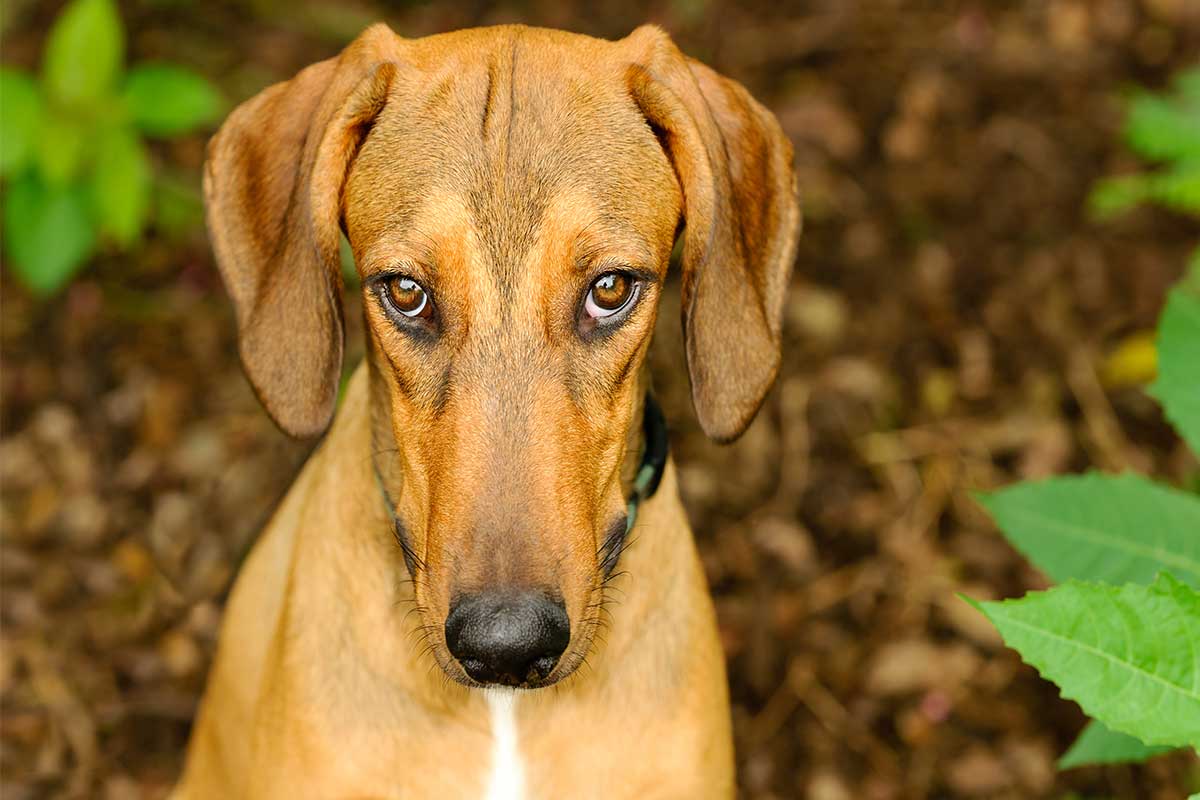When your dog meets you at the door, head low with ears slicked back and eyes averted, is that a canine apology? Does your dog look guilty? The behaviors certainly mimic what humans associate with feeling shame or apology. Whether or not this accurately reflects the dog’s true feelings is open to debate.
Not all dogs “act” guilty, though. I don’t think my Magical-Dawg has ever felt the least bit apologetic about swiping the cat food or chewing up something he shouldn’t. Other dogs, though, slink around the house every time owners come home, prompting their people to ask in an accusing tone of voice:
“What did you do?”
That makes apology-pup act even more guilty, while you search the house for whatever the miscreant has done. When dogs learn that you get upset if they scatter the garbage, they theoretically may “act guilty” after such behavior and tell on themselves even before you know something has happened. That’s one explanation, anyway, but honestly, I don’t buy it.
Dogs show these same apologetic behaviors when they’ve done nothing wrong. What’s up with that?
Teaching Bad Associations
We often teach dogs to act guilty as a default behavior. We don’t mean to do it, but dogs pay attention to events and consequences. She learns to apologize when you give her certain cues, or she recognizes a routine that has a predictable outcome. Here’s what happens.
You’ve returned home and found dog damage. Fair enough. But thereafter, you return home expecting to find dog damage. As a result, your dog begins to associate your homecoming with these intimidating human behaviors:
- Accusatory tone of voice
- Looming posture
- Heavy footfalls
- Strong eye contact
Calming Signals
When dogs feel anxious, they use behaviors to defuse the threat that they feel. These behaviors may make dogs look as if they feel contrite, when actually your dog simply wants you to stop shouting and stomping around the house. She may not have done anything wrong. And if she did chew up the sofa cushion hours before, your dog doesn’t realize THAT’S what has you upset. Nope, she just goes through the motions of what defuses potential aggression. Shy and anxious dogs especially may associate your displeasure with a potential attack—how scary (and sad) is that?
Dogs do this with other threatening dogs, too, to tell them, “I am no threat, and you’re the boss of me!” They’re called appeasement gestures, sometimes called calming signals, and often include the following:
- Slicks ears down
- Licks lips
- Yawns
- Crouches low to ground
- Grovels on the floor
- Rolls over
- Wets—(submissive urination)
Nobody knows for sure if dogs feel guilt or simply go through the motions. But it’s clear that our dogs do pay exquisite attention to their human’s behavior and emotions and react accordingly to make us feel better and defuse our upset feelings. How cool is that? It’s up to us, as caring and savvy pet parents, to do the same for the fur-kids that we love.
This article was reviewed/edited by board-certified veterinary behaviorist Dr. Kenneth Martin and/or veterinary technician specialist in behavior Debbie Martin, LVT.








